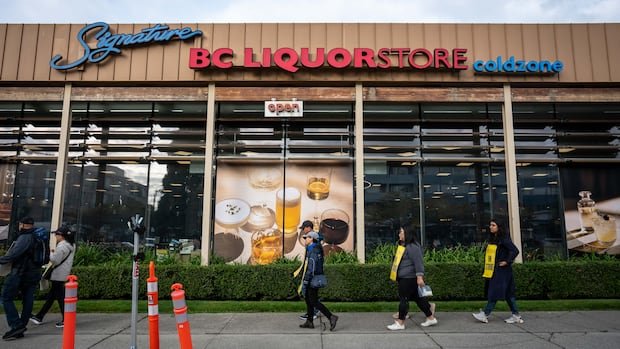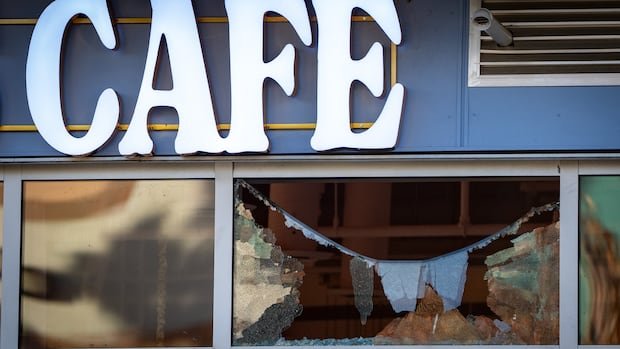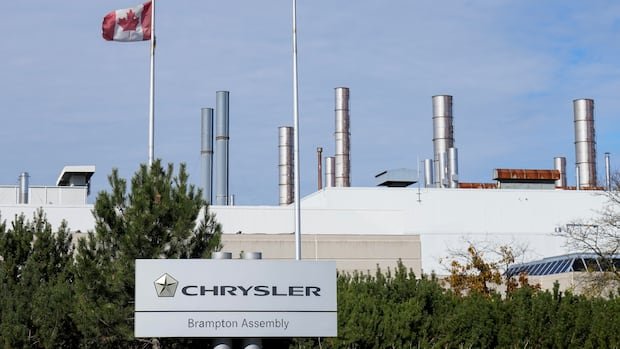Pickets were set up outside all remaining liquor and cannabis stores in the province of British Columbia on Wednesday, as public service workers step up union action.
The BC General Employees Union (BCGEU) escalation also includes all Service BC workers, bringing the total number of members participating in the job action to nearly 25,000.
Union president Paul Finch said in a statement that he regrets the impact of the picketing on local communities and that members do not take the escalation lightly, but that the union has “no choice” for the province to return to negotiations.
“The government has a choice: It can sit down and negotiate with us, or it can continue to let this disruption escalate,” Finch said.
“We’re ready to talk. We’ve been ready. The ball is in your court.”
There are 34,000 members in the bargaining unit, some of whom are considered essential workers.
Private liquor and cannabis stores in British Columbia remain open, but are supplied by provincial government distribution warehouses that are also behind the pickets.
As the BCGEU strike progresses, pubs and restaurants find themselves in a frustrating situation: while they are almost running out of stock, nearby liquor stores are legally prohibited from selling to them because they are privately owned. Beverage Licensees Alliance chief executive Bo Chen said the restriction must change to give the hospitality industry a better chance of overcoming the strike.
Service BC provides residents with services related to driver’s licenses, income and disability assistance, hunting and fishing licenses, ID verification and BC traffic ticket payments, as well as student loans and court fines.
The union said Wednesday that a total of 431 provincial government workplaces are now behind picket lines as the weeks-long labor dispute persists.
Union members demonstrated outside the BC Legislature on Monday, the first day of the government’s fall session, as they push for higher compensation.
BC Finance Minister Brenda Bailey, who has been speaking on behalf of the government in the dispute, has said the government wants to balance a fair deal with its existing fiscal restrictions.
Finch said that while the union wants a deal that helps workers deal with rising costs of living and inflation, that’s not the only goal.
“It’s not just about wages, it’s about investing in the services that the people of this province depend on,” he said.









